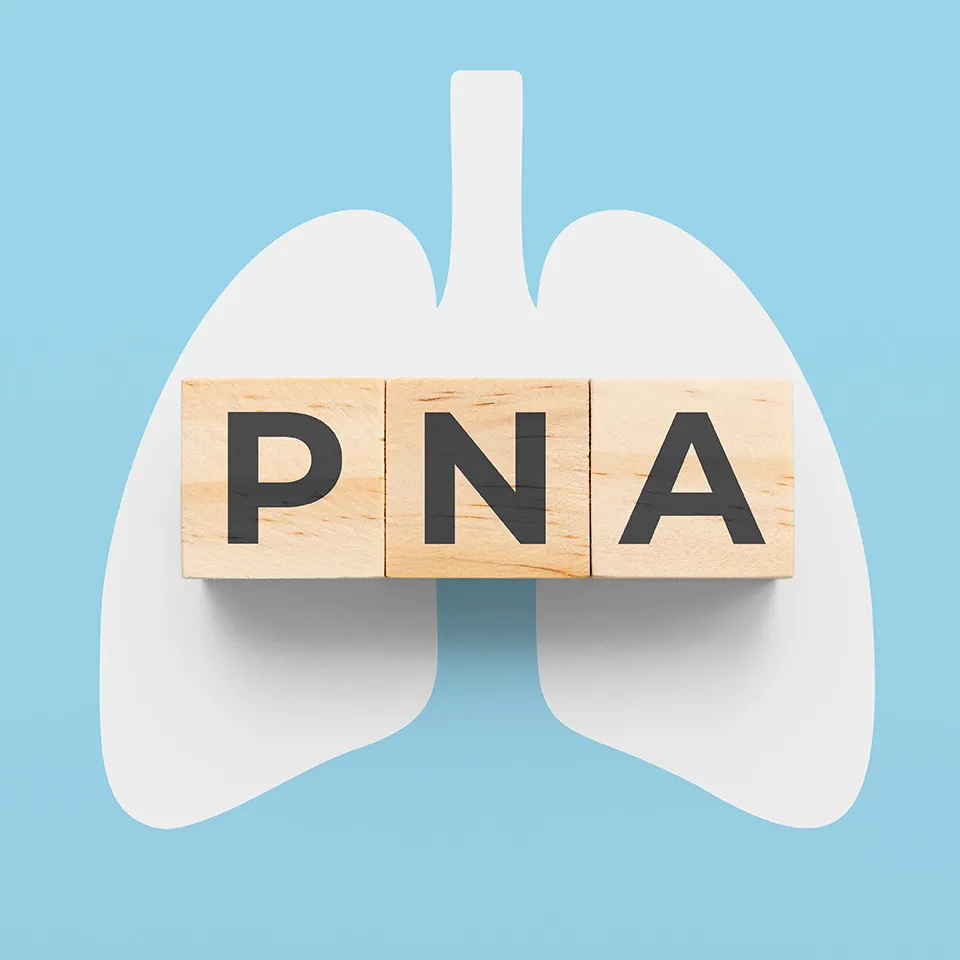ESCMID 2024: A Spreading of Antimicrobial Resistance and Carbapenem-Resistant Klebsiella Pneumonia Infections
The session discussed the spread of antimicrobial resistance and carbapenem-resistant Klebsiella pneumoniae infections. A multi-centre study was conducted, collecting isolates from 16 hospitals across nine cities in Turkey, along with the clinical and demographic data of the patients. Susceptibility testing was performed using microbial dilution to determine the minimum inhibitory concentrations (MIC) of Ceftazidime/avibactam, ceftolozane/tazobactam, and piperacillin/tazobactam plus colistin. The presence of carbapenemase in all samples was also checked, and the clonality of the isolates was assessed using pulse-field gel electrophoresis. The initial results indicated a high mortality rate among patients, which could be attributed to the stringent selection criteria, focusing on monomicrobial infections of Klebsiella pneumoniae, causing bacteremia and pneumonia. The study aimed to evaluate the response to these specific infections. Despite multiple comorbidities among patients, no significant statistical correlation was found between these comorbidities and the study outcomes.
In this study, elevated procalcitonin and CRP levels were observed in more active patients who subsequently passed away. Resistance rates were alarmingly high for piperacillin/tazobactam and ceftolozane/tazobactam at over 95%, while ceftazidime/avibactam showed a resistance rate of 42%. Colistin resistance, around 17% two years ago, has since doubled. The project was initiated due to a significant increase in carbapenem-resistant Klebsiella pneumoniae in Turkey over the past decade. The project was initiated due to the doubling of carbapenem-resistant Klebsiella pneumoniae in Turkey over the past decade, which is quite concerning. The study also examined carbapenemase positivity, particularly in class B, and the coexistence of OXA-48-like and NDM-1 enzymes. The researchers investigated the relatedness of carbapenem-resistant and ceftazidime/avibactam-resistant isolates and non-carbapenemase-carrying isolates. The study included 110 isolates, none of which carried any carbapenemases that were tested for. However, a significant clone of 44 isolates was identified. This data, collected from 16 hospitals in Turkey, does not indicate an outbreak, as an outbreak could not be tested using pulse-field gel electrophoresis across multiple premises. Nevertheless, the dissemination of this clone is evident, and the high resistance to ceftazidime/avibactam is particularly disheartening, given the lack of alternative antibiotics.
European Society of Clinical Microbiology and Infectious Diseases (ESCMID) 2024, 27th April–30th April 2024, Barcelona, Spain




